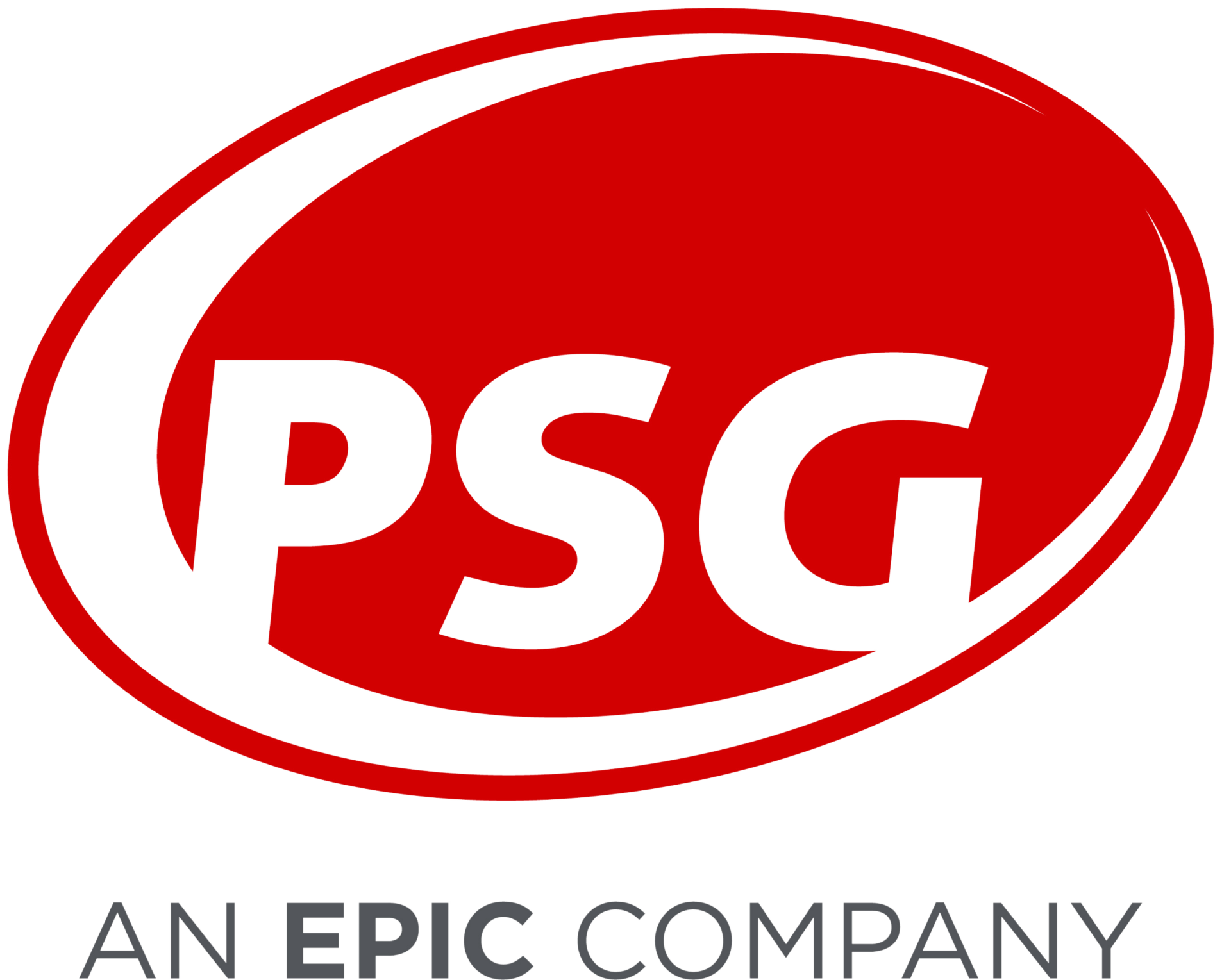Seize the Day: 4 Reasons to Pursue a PBM Procurement in 2019
Posted on April 17, 2019
The prescription drug market is changing yet again, creating an ideal opportunity for plan sponsors to evaluate vendor options for pharmacy benefit management (PBM). Examples of the current drug market dynamic include CVS Health completing its acquisition of Aetna in November of last year, and Cigna and Express Scripts closing their merger in December.
Amid the ebbs and flows of the market, one thing stays the same—the rising cost of prescription drugs. According to the Kaiser Family Foundation, one in four people taking prescription drugs say they have difficulty paying for their medication, and the Centers for Medicare and Medicaid Services (CMS) projects that over the next decade, retail prescription drug spending will be the fastest-growth healthcare category and will consistently outpace that of other healthcare spending.
All these factors make 2019 an excellent time to consider a PBM procurement. Here are four key reasons to make PBM procurement a part of this year’s benefits strategy.
Reason 1: An evolving marketplace and increasing competition
Transactions such as last year’s CVS/Aetna and Cigna/Express Scripts deals have created more competition and aggressive pricing. PSG clients enjoyed significant savings and very favorable PBM contract terms in 2018—and 2019 promises more of the same.
The PBM competitive landscape is also changing. The last few years have seen a dramatic consolidation among PBMs as Express Scripts, CVS Health, and OptumRx acquired smaller players, creating a combined 78% share of the PBM market.
However, the emergence of midsize and upstart PBMs with specialized offerings and more transparent pricing options helps level the PBM playing field. Consolidation will give way to re-fragmentation, which will lay the groundwork for strong competition and improved opportunities to enhance your PBM relationship.
Reason 2: A market ripe for disruption
It is clear that the entire PBM landscape could see unprecedented change as innovative operating models, new market entrants, and price transparency gain momentum. Consider Amazon’s potential entry into the PBM market, which could introduce a whole new level of healthcare consumerism.
Another driver of market evolution is the growing drug pipeline—one that is loaded with high-priced specialty drugs. A PBM procurement provides several specialty drug management opportunities, including the ability to:
- Negotiate specialty pharmacy rebates and pricing down to the drug level.
- Control delivery channels (i.e., site of care).
- Better manage other cost drivers, such as reimbursement, clinical management, and plan design.
Reason 3: You can implement best-in-class PBM contracting
Engaging in a PBM competitive bid process gives you the opportunity to negotiate new terms and revise potentially outdated definitions. The RFP process presents the ideal opportunity to:
- Clarify all fees.
- Apply drug-pricing benchmarks.
- Establish inflation protection.
- Enhance billing and termination clauses.
- Implement or revise operational performance guarantees.
- Ensure adequate audit and market check rights.
Flexibility in contract terms is critical in ensuring you have a partner in your PBM vendor. For example, you should ask about how much transparency exists within your PBM contract. Consider both business practices, pricing, and the PBM’s revenue sources.
Keep in mind that simply negotiating price points isn’t good enough. All contract methodologies should be examined and, at a minimum, be aligned with current market metrics and with your business needs.
Reason 4: There’s value in the process, and you don’t have to switch to save
Even if you don’t make a change, you can still improve your existing PBM relationship and performance through a procurement effort. Most large plan sponsors don’t switch PBMs very often. However, they still leverage the procurement process to ensure a thorough evaluation of the PBM market, and to ensure their pharmacy program is aligned with industry best practices.
If they choose to stay with their current PBM, they are still able to renegotiate their contract and secure competitive pricing from the incumbent. And since it’s easier to negotiate during a procurement rather than mid-contract, going out to bid allows you to take advantage of the opportunity to improve all aspects of PBM service as well as enhance your formulary strategy.
The two great truths of PBM procurements
- Plan sponsors receive the most competitive financial terms through the RFP process as compared to a renewal or other non-competitive bid processes.
- Plan sponsors see a greater benefit when they use an impartial consultant. In fact, many organizations can realize more than 17% savings on their pharmacy spend by shopping the market through an independent third party.
A procurement effort facilitated by PSG’s drug cost management experts is the best way to allow market change to work to your advantage. PBM vendors know that a PSG-led procurement is a real opportunity for change—incentivizing both incumbent and potential PBMs to present aggressive financial and non-financial offers. In fact, 61% of our 2016 RFPs resulted in a change, 37% in 2017, and 57% in 2018. With PSG’s strong reputation for client advocacy and skilled negotiating, we can help maximize your pharmacy savings through a PBM procurement—even if you don’t change vendors.
Consider a PBM procurement for 2019-2020. Contact PSG to receive a customized RFP strategy evaluation today.

